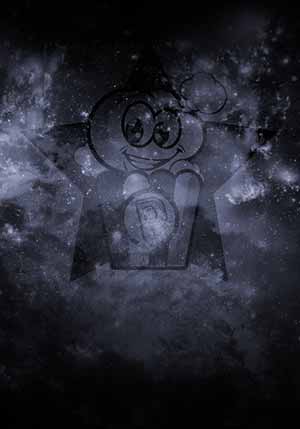Esther Vilar
¿Quién es Esther Vilar?
Vilar's parents were German emigrants. They separated when she was three years old.
She studied medicine at the University of Buenos Aires, and in 1960 went to West Germany on scholarship to continue her studies in psychology and sociology. She worked as a doctor in a Bavarian hospital for a year, and has also worked as a translator, saleswoman, assembly-line worker in a thermometer factory, shoe model, and secretary.
Esther married the German author Klaus Wagn in 1961. The marriage ended in divorce but they had a son, Martin, in 1964. Concerning the divorce she stated, "I didn't break up with the man, just with marriage as an institution."
One of Vilar's most popular books is titled The Manipulated Man, which she called part of a study on "man's delight in nonfreedom". In it, she claims that women are not oppressed by men, but rather control men in a relationship that is to their advantage but which most men are not aware of. Some of the strategies described in her book are: Luring men with sex, which she referred to as the "periodic use of a woman's vagina," and other seduction strategies; Controlling men by the judicious use of praise, sex, and emotional blackmail once they have been lured; Masking her real intentions and motives in the guise of romantic love.
The Manipulated Man was quite popular at the time of its release, in part due to the considerable press coverage it received.
Vilar appeared on The Tonight Show on February 21, 1973, to discuss the book. In 1975 she was invited to a televised debate by WDR with Alice Schwarzer, who became known as the representative of the women's movement at that time. The debate was controversial, with Schwarzer claiming Vilar was: "Not only sexist, but fascist", comparing her book with the Nazi newspaper Der Stürmer.
According to the author, she received death threats over the book: "So I hadn't imagined broadly enough the isolation I would find myself in after writing this book. Nor had I envisaged the consequences which it would have for subsequent writing and even for my private life - violent threats have not ceased to this date.
Her play Speer (1998) is a work of fictional biography about the German architect, Albert Speer, and has been staged in Berlin and London, directed by and starring Klaus Maria Brandauer. She has also written many other books and plays, but most have not been translated into English.
Source: Article "Esther Vilar" from Wikipedia in English, licensed under CC-BY-SA 3.0.
Trabajos destacados
Géneros más habituales en las películas de Esther Vilar
Géneros más habituales en las series de Esther Vilar
Compañeros de trabajo recientes de Esther Vilar
Las imágenes y retratos de actores y actrices mostrados en este sitio web son obtenidos de la base de datos pública de The Movie Database (TMDb), utilizada bajo los términos y condiciones de dicha plataforma. En caso de que alguna imagen o fotografía sea incorrecta, ofensiva, o pueda infringir derechos de imagen o copyright, puede ser editada o eliminada directamente en TMDb. Esto provocará su eliminación automática en este sitio web. Adicionalmente, si usted desea solicitar la eliminación de una imagen directamente en nuestro sitio web, puede utilizar el formulario de contacto ubicado al pie de la página. Atenderemos su solicitud de manera expedita y tomaremos las medidas necesarias para garantizar el cumplimiento de los derechos aplicables.
The images and portraits of actors and actresses displayed on this website are sourced from the public database The Movie Database (TMDb), used in accordance with its terms and conditions. If any image or photograph is incorrect, offensive, or may infringe image rights or copyright, it can be edited or removed directly on TMDb. This will automatically result in its removal from this website. Additionally, if you wish to request the removal of an image directly from our website, you may use the contact form located at the bottom of the page. We will promptly address your request and take the necessary measures to ensure compliance with applicable rights.


